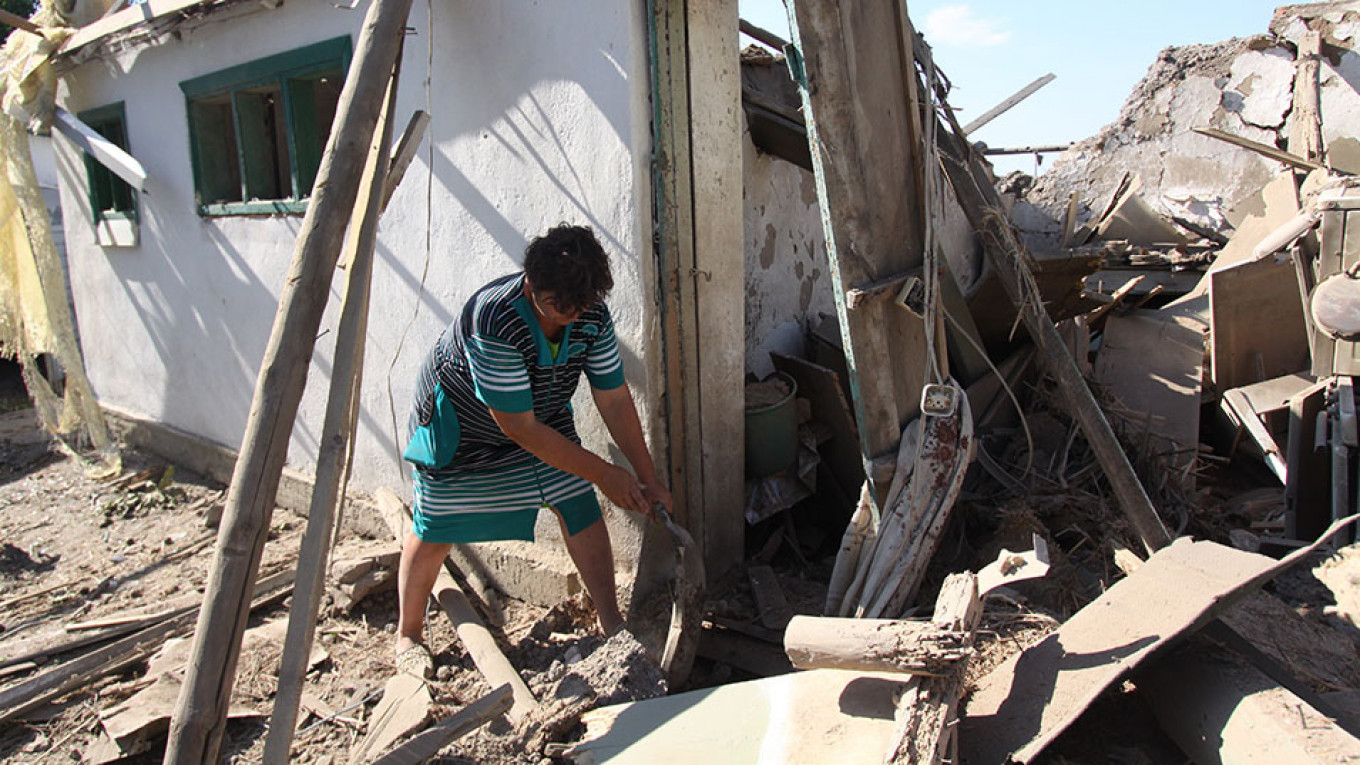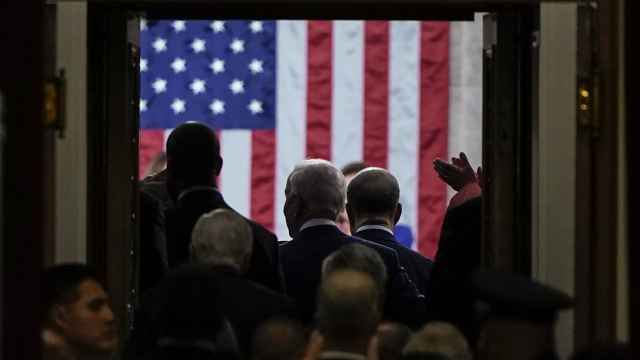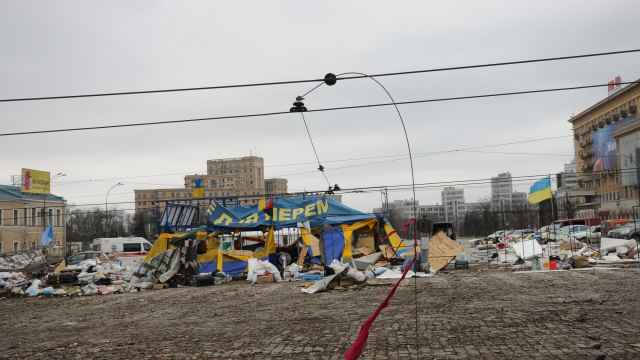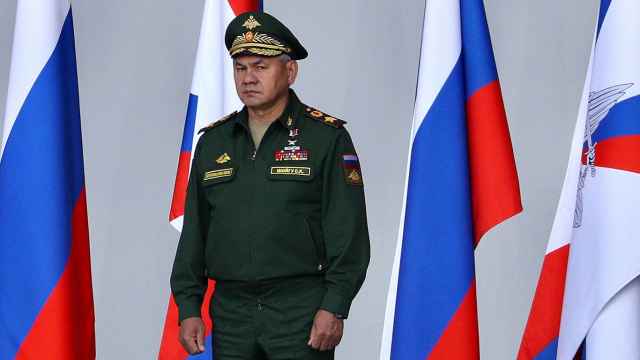Russia, Ukraine and Europe’s top security body have announced an “indefinite” ceasefire in eastern Ukraine that analysts hail as a substantial step toward ending the five-year conflict.
The war between Ukrainian troops and Russian-backed separatists in eastern Ukraine's Donbass region has killed 13,000 people since it broke out in 2014. Sporadic fighting went on despite a ceasefire agreement signed in 2015.
The sides have agreed to lay down arms starting midnight this Sunday, July 21, Russia, Ukraine and the Organization for Security and Cooperation in Europe (OSCE) — which collectively make up the Trilateral Contact Group — announced in a statement, with the participation of representatives of the Donetsk and Luhansk regions.
The agreement includes a ban on forward movements and reconnaissance activities, firing and a ban on the placement of heavy weapons near populated areas, among other measures.
“The unlimited ceasefire shows that both sides are really intent on going a step further than at previous times,” Nikolaus von Twickel, a former member of the OSCE monitoring mission in eastern Ukraine, told The Moscow Times by phone.
He said the development was substantial because there had been no joint statements for previous ceasefires.
Von Twickel, however, cautioned that the truce could break down at any moment, as it has in the past. Additionally, he said Russian President Vladimir Putin and Ukraine’s newcomer Volodymyr Zelenskiy were pursuing their own interests ahead of parliamentary elections in Ukraine this Sunday.
“Russia’s aim is to increase the results of pro-Russian parties in Ukraine before the Rada elections. [Meanwhile,] Zelenskiy shows Ukrainians that under him there will be more progress than there was under [ex-president Petro] Poroshenko,” von Twickel told The Moscow Times.
The Kremlin on Thursday said it hoped the sides of the conflict would abide by the “important” ceasefire agreement.
A Message from The Moscow Times:
Dear readers,
We are facing unprecedented challenges. Russia's Prosecutor General's Office has designated The Moscow Times as an "undesirable" organization, criminalizing our work and putting our staff at risk of prosecution. This follows our earlier unjust labeling as a "foreign agent."
These actions are direct attempts to silence independent journalism in Russia. The authorities claim our work "discredits the decisions of the Russian leadership." We see things differently: we strive to provide accurate, unbiased reporting on Russia.
We, the journalists of The Moscow Times, refuse to be silenced. But to continue our work, we need your help.
Your support, no matter how small, makes a world of difference. If you can, please support us monthly starting from just $2. It's quick to set up, and every contribution makes a significant impact.
By supporting The Moscow Times, you're defending open, independent journalism in the face of repression. Thank you for standing with us.
Remind me later.






